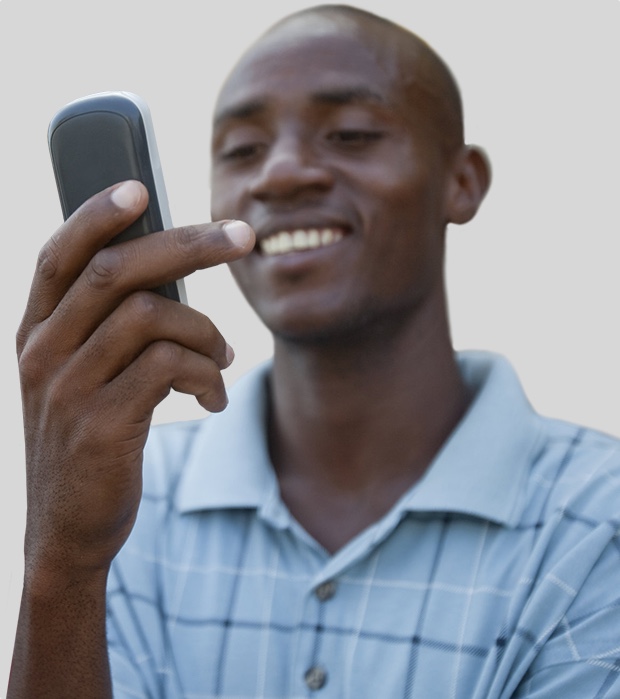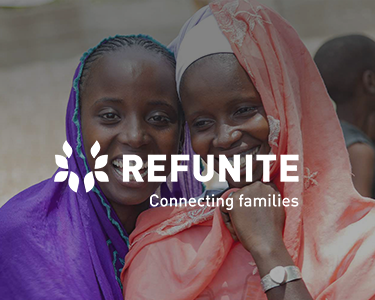BARCELONA, 26 FEBRUARY 2014 –
GSMA, a global alliance of mobile operators, will release a new case study here at the 2014 Mobile World Congress detailing how innovative mobile technology is the key for the future of humanitarian aid work.

Released during the panel ”Preparing for the Next Disaster,” this case study examines the work done by Refugees United and private sector partners. Refugees United, an international NGO which has developed a mobile family-tracing platform, has forged partnerships with mobile operators, resulting in the reconnection of families separated by war, conflict and disaster.
With support from mobile operators in Africa and the Middle East, and lead technology partner, Ericsson, Refugees United has been able to extend their mobile platform to refugees living in remote locations, thereby making it even easier for refugees to take the search for missing loved ones into their own hands.
In a broader sense, this case study explores how mobile operators can partner with the humanitarian sector in innovative ways, combining the reach and expertise of the private sector with the goals of humanitarian organizations.
Along with interviews of users of Refugees United’s tools, the study features conversations with Refugees United’s private sector and NGO partners, all of whom have come together under the belief that everyone has the right to know where their family is.
Interviewees include executives from Vodacom DRC, Telesom, Safaricom, and Ericsson. Furthermore, the case study highlights compelling stories of reconnected families and local on-the-ground partnerships, such as with the Kenya Red Cross Society.
The case study is meant to inspire other mobile operators wanting to contribute their expertise and know-how to humanitarian causes in their local and global communities.
“These pioneering, cross-sector partnerships provide a window into the future of humanitarian aid, ”Refugees United’s co-CEO Christopher Mikkelsen said of the study. ”We are living amid a time of profound unrest in many parts of the world, from Syria to the Central African Republic. When disaster and conflict escalate so quickly, families and loved ones are inevitably separated in the chaos.”
GSMA’s Head of Disaster Response, Kyla Reid further pointed out, “this is a case study that exemplifies the opportunities for mobile operators to pair their reach and expertise with innovative partnerships in support of humanitarian efforts.
Combined, the case study and the Mobile World Congress panel highlight the degree to which forging partnerships across different sectors – private, public, NGO, and multilaterals – has created innovative solutions to reach the most disconnected people around the world.
Earlier this week during Mobile World Congress 2014 Refugees United and Ericsson, together with Zain Group for Jordan, Asiacell in Iraq and AVEA in Turkey announced the launch of the service in support of Syrian refugees. The UN estimates there are some 2.4 million Syrian refugees. Of these, 1.4 are in Turkey, Jordan and Iraq.
The case study can be downloaded here: https://www.gsma.com/mobilefordevelopment/reconnecting-refugees-through-mobile
Photo: Abdullahi, a Refugees United staff member, tests the mobile application in Nairobi, Kenya. Photo: Anna Mayumi Kerber.
Media contact
Ida Jeng, Director of Global Communication and Strategy for Refugees United: ij@refunite.org / + 45 31 49 31 93.


